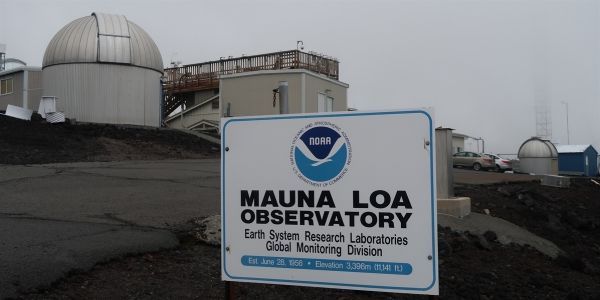Record levels of greenhouse gas pollution continued to increase humanity’s impact on the atmosphere’s heat-trapping capacity during 2018, according to a yearly analysis released by NOAA scientists today.
NOAA’s Annual Greenhouse Gas Index tracks the relative climate-forcing influence exerted by carbon dioxide, methane and other greenhouse gases since the start of the industrial revolution. This year it rose to a value of 1.43, meaning that the increase in the atmosphere’s heat-trapping capacity attributable to human activity has risen 43 percent since 1990.
The index, known as the AGGI, is based on hundreds of air samples collected from sites around the world each year from NOAA’s Global Greenhouse Gas Reference Network, and carefully analyzed at NOAA’s Earth System Research Laboratory in Boulder, Colorado.
“Greenhouse gas pollution traps heat in the atmosphere, which has consequences,” said James Butler, director of NOAA’s Global Monitoring Division. “There’s no getting around it -- burning fossil fuels is changing the course of our planet’s future. How society deals with that will be a major challenge in coming decades.”
Continue reading at NOAA.
Image via NOAA.


